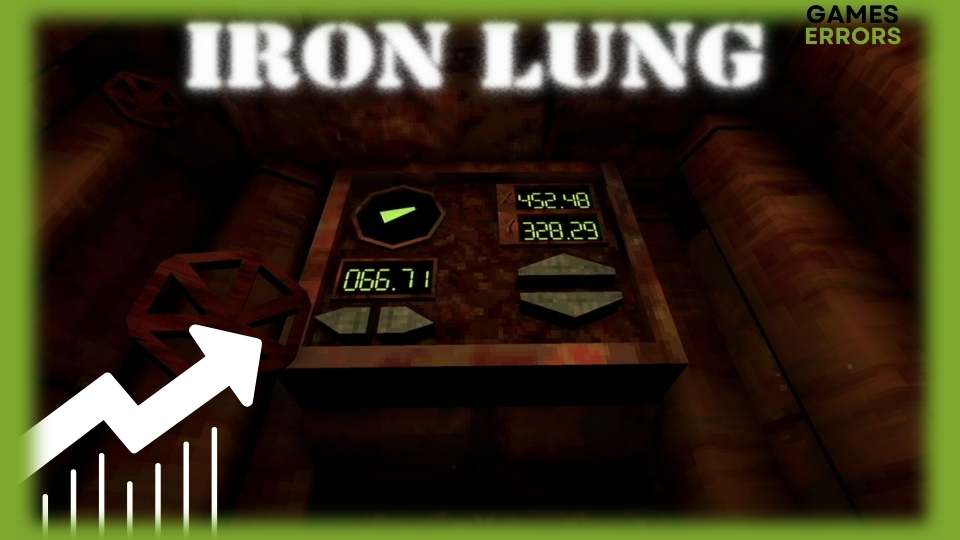Submarine Horror Game 'Iron Lung' Sees Sales Spike in the Wake of Titanic Submarine Incident
Sales for Iron Lung has spiked due to Titanic submarine catastrophe.

The terrifying disappearance of a Titanic submarine in the North Atlantic has taken everyone’s attention, and sales of the submarine-themed horror game “Iron Lung” have significantly increased. Unexpectedly, this undersea terror experience has crossed the crossroads of fictional stories and tragedies from the real world.
David Szymanski created and released “Iron Lung,” a horrifying underwater voyage released on March 9, 2022. In the game, players control a tiny submarine as it travels through a terrifying universe while being thrown into a sea of blood on an alien moon. ‘Iron Lung’ has received favorable reviews and gained a following thanks to its dark, dystopian backdrop and a mix of mystery and bizarre aspects. The game has a 9/10 rating on Steam, with over 5,444 reviews complimenting its moody, minimalistic style and its distinctive fusion of the adventure, independent, and simulation genres.
‘Iron Lung’ has considerably increased sales following the Titanic submarine catastrophe. The game’s revenue, which is now thought to be roughly $620,000, has increased significantly. The relationship between the incident in real life and the unexpected interest in the game provides a fascinating window into how individuals cope with catastrophes. It emphasizes how people frequently use fiction, in this example, a horror game, to understand or deal with real-world concerns and doubts.
The public’s response to the game’s sales surge during the real-life submarine drama’s development has been conflicted. While some people have found comfort in reading a connected fictional story, others find the connection disturbing, which has sparked discussions on numerous social media and gaming platforms. The horror genre’s ongoing appeal and capacity to speak to real-world worries, particularly in gaming, have come into stark relief.
The game’s creator, David Szymanski, posted on social media about how uncomfortable he was with the sudden increase in “Iron Lung” sales following the Titanic submarine catastrophe. Szymanski tweeted an emotive “This feels so wrong” along with a graph demonstrating the unexpected increase in game sales. This idea illuminates how actual occurrences might affect media consumption trends, raising concerns about the moral ramifications when tragedies unintentionally increase interest in thematically related material.
In conclusion, the increase in “Iron Lung” sales following the Titanic submarine catastrophe highlights an intriguing connection between real-life events and their impact on media consumption. It emphasizes the strength of the horror genre in video games and how it may reflect real-world anxieties and uncertainty. It appears that the Titanic submersible’s ongoing story and the undersea horror game, which has unintentionally entered the conversation, will keep people’s interest.






User forum
0 messages